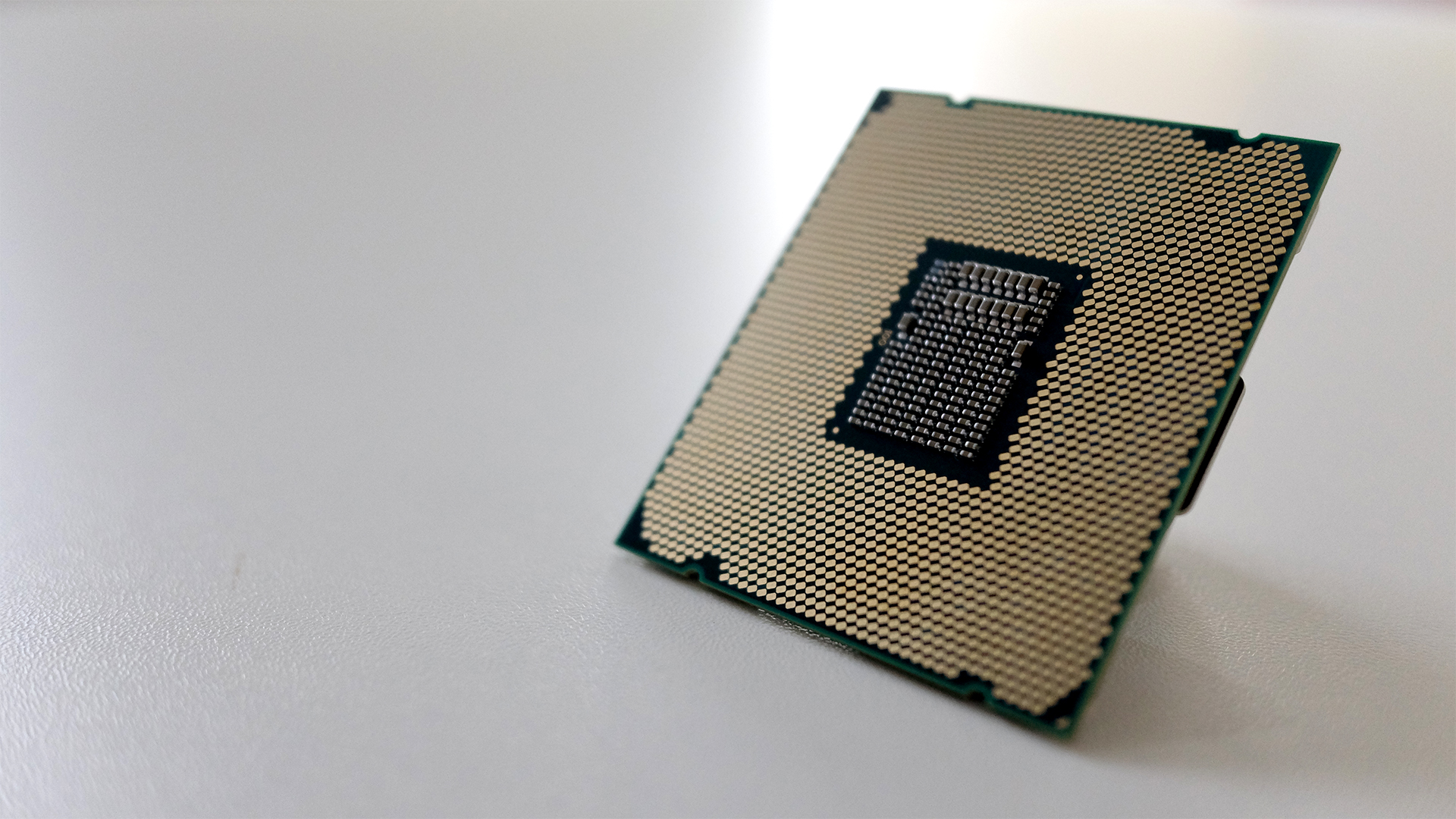Intel fires back at 'inaccurate' reports of critical memory flaw in its chips
Says issue is not 'unique' to its CPUs

After hours of silence, Intel has finally responded to reports of a critical flaw in its CPUs that had tech giants scrambling to release patches to update their systems.
Despite AMD releasing a statement claiming that its processors are “not susceptible” to the reported flaws due to “differences in AMD’s architecture”, Intel says the issue is not “unique” to the company’s CPUs and that it is working with AMD and ARM to find a solution.
Even though proof-of-concept code has been released by the researchers who discovered the vulnerabilities, dubbed “Meltdown” and “Spectre”, that shows sensitive data stored on a system is susceptible to being stolen, Intel has refuted the claim. The chip manufacturing giant claims it’s actually “software analysis methods” that could potentially see personal information pinched from a device.
Getting patched up
Reports suggesting that any patches to overcome the issue could slow down a PC's performance by up to 30% are also being shot down by Intel. A statement released by the company claims, “Contrary to some reports, any performance impacts are workload-dependent, and, for the average computer user, should not be significant and will be mitigated over time.”
Intel is asking users to “check with your operating system vendor or system manufacturer and apply any available updates as soon as they are available.”
Thankfully, Google and Microsoft are already on the job – Android phones with the latest security updates should be safe, says Google, while Microsoft has released a patch for Windows machines and should automatically update for anyone running Windows 10.
Apple has reportedly partially addressed the flaw in its recent 10.13.2 macOS update, which was released to the public on December 6. Further tweaks will be added to the 10.13.3 update, which is currently in beta testing.
Sign up for breaking news, reviews, opinion, top tech deals, and more.

While she's happiest with a camera in her hand, Sharmishta's main priority is being TechRadar's APAC Managing Editor, looking after the day-to-day functioning of the Australian, New Zealand and Singapore editions of the site, steering everything from news and reviews to ecommerce content like deals and coupon codes. While she loves reviewing cameras and lenses when she can, she's also an avid reader and has become quite the expert on ereaders and E Ink writing tablets, having appeared on Singaporean radio to talk about these underrated devices. Other than her duties at TechRadar, she's also the Managing Editor of the Australian edition of Digital Camera World, and writes for Tom's Guide and T3.